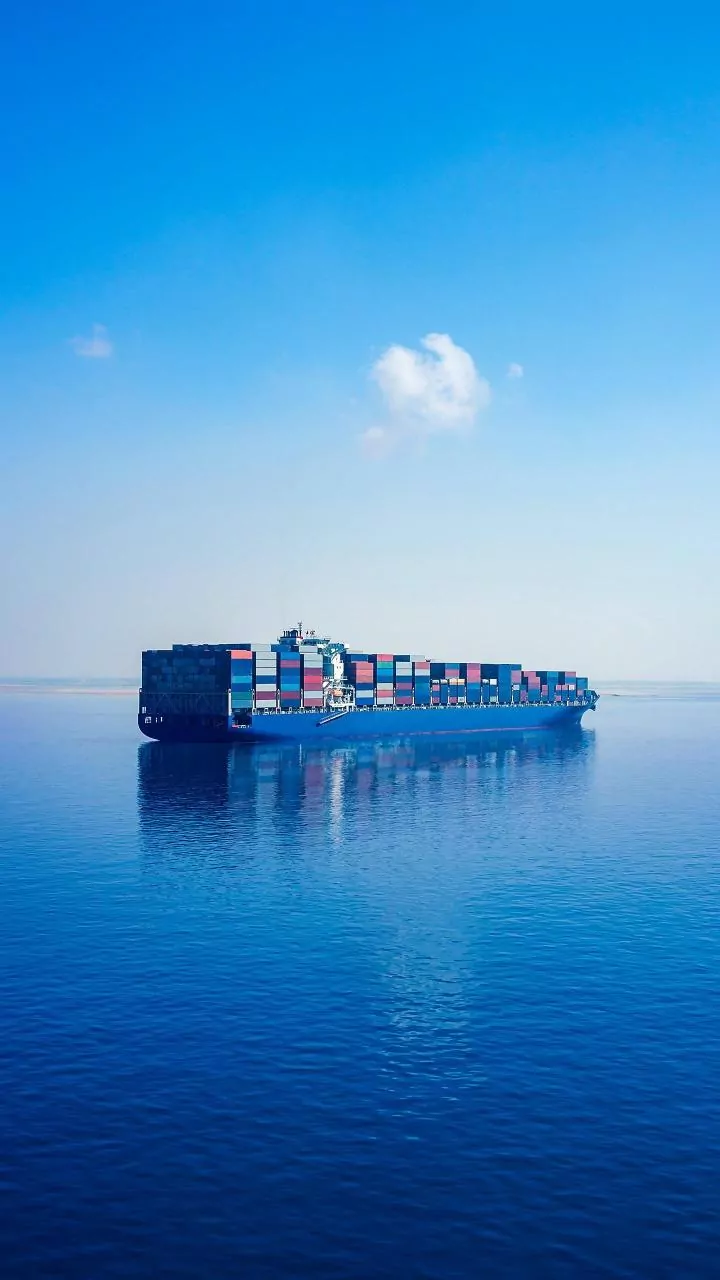Why Rainforests Matter
Rainforests are not just collections of trees; they are complex ecosystems that underpin global environmental stability. They are the planet's most biodiverse
areas, housing a huge variety of plant and animal species, many of which are found nowhere else. These forests are vital in regulating climate by absorbing significant amounts of carbon dioxide, which reduces the greenhouse effect and helps mitigate climate change. They also play a critical role in the water cycle, influencing rainfall patterns and preventing soil erosion. Furthermore, rainforests provide essential resources, including food, medicine, and materials for human populations. Their conservation is therefore not only an environmental issue but also a matter of global security, requiring urgent and comprehensive action.
Amazon Rainforest's Glory
The Amazon, the world's largest rainforest, stands out as a biodiversity titan, holding about 10% of all known species. Located primarily in Brazil, but extending to several other South American countries, it’s home to thousands of tree species and a massive array of animals, including jaguars, monkeys, and colorful birds. The Amazon significantly influences the global carbon cycle, absorbing vast quantities of carbon dioxide. However, the Amazon faces relentless threats from deforestation driven by agriculture, logging, and mining. This destruction has severe consequences, including habitat loss, species extinction, and disruptions to regional and global climate patterns. Conservation efforts concentrate on combating deforestation, supporting sustainable land use practices, and empowering indigenous communities.
Congo Basin Rainforest
The Congo Basin rainforest, the second-largest in the world, is located in central Africa. It houses a vast array of species. It is home to gorillas, chimpanzees, and elephants. This rainforest is crucial for regional climate regulation and contributes to global carbon storage. This ecosystem supports local populations with resources and livelihoods. Deforestation, driven by logging, agriculture, and mining, is a substantial threat to the Congo Basin. The impacts include habitat loss, reduced biodiversity, and changes in regional water cycles. Conservation strategies involve sustainable forestry, community-based forest management, and the creation of protected areas. Reducing illegal logging and promoting economic alternatives is a key aspect of preserving the Congo Basin's ecological and economic value.
Southeast Asian Rainforests
Southeast Asia is home to a series of rainforests that are crucial for regional biodiversity and climate regulation. These forests, found across countries like Indonesia, Malaysia, and Thailand, are distinguished by their high diversity of plant and animal species, including orangutans, tigers, and numerous bird species. These forests play an important part in the carbon cycle. The primary threats include deforestation due to palm oil production, logging, and agricultural expansion. Deforestation causes substantial habitat loss, threatens endangered species, and contributes to climate change. Conservation initiatives include sustainable palm oil production, the establishment of protected areas, and community forestry programs. Addressing these issues is vital for the long-term survival of Southeast Asia's rainforests and the species they support.
Madagascar's Rainforests
Madagascar's rainforests, located on the unique island, host a remarkable variety of species found nowhere else on Earth. These forests are vital for the island's unique biodiversity, containing lemurs, chameleons, and numerous plant species. They play a significant role in regulating the local climate and supporting water resources. Deforestation and habitat loss are significant concerns, driven by agriculture, logging, and the collection of firewood. This destruction results in habitat loss, species extinction, and soil erosion. Conservation efforts involve reforestation projects, community-based conservation initiatives, and the promotion of ecotourism. Protecting these forests is crucial to preserve Madagascar's biodiversity and ecosystem services.
Threats to Rainforests
Rainforests worldwide face many threats. The most significant is deforestation, driven by agriculture, logging, mining, and infrastructure development. Climate change exacerbates these pressures through increased droughts, fires, and altered weather patterns. Illegal logging and unsustainable practices lead to further degradation. The loss of rainforests contributes to biodiversity loss, habitat destruction, and climate change. Conservation strategies include sustainable land management, reducing deforestation, and protecting vulnerable areas. International cooperation, government policies, and raising public awareness are crucial for preserving these valuable ecosystems. By supporting sustainable practices and policies, we can assist in the survival of rainforests and their vital services.
Conservation Efforts Needed
Conserving rainforests requires a comprehensive, multi-faceted strategy. This includes establishing protected areas, implementing sustainable forestry practices, and supporting community-based conservation. Combating deforestation demands the implementation of robust policies and stricter enforcement against illegal logging and unsustainable agriculture. International collaborations are essential, with developed countries providing financial and technical support to countries with rainforests. Raising public awareness about the significance of rainforests and promoting sustainable consumption patterns helps in protecting these ecosystems. Supporting sustainable products and practices aids in preserving rainforests for future generations. Concerted action is required from governments, organizations, and individuals worldwide to ensure rainforests thrive and safeguard their essential contributions to the planet.




















